
Supernormal
The Untold Story of Adversity and Resilience
Recommendation
Clinical psychologist Meg Jay offers her analysis on “resilient people” – adults who triumphed over childhood adversity to achieve great success. Traditionally, society and psychologists thought resilient people somehow brushed aside adversity to emerge unscathed from the traumas of bullying, sexual abuse, bereavement or absent parents. In reality, Jay argues, resilient children, once they’ve grown up, feel as vulnerable to danger and uncertainty as anyone. But they are more prepared to deal with it since they’ve already learned and developed coping strategies. Such skills pay dividends later on in life, laying a path for achievement. But a lifetime of living with the stress of constantly having to cope leaves many of these adults feeling fragile. Jay writes compassionately and vividly about the difficulties resilient people experience in adjusting to the “normal” world. Managers, coaches and teachers who deal with exceptional performers and anyone seeking a balance between past trauma and present accomplishment will appreciate Jay’s innovative handbook.
Summary
About the Author
Clinical psychologist Meg Jay, PhD, is an associate professor of education at the University of Virginia. She is certified as a clinical trauma professional and a child and adolescent trauma professional.








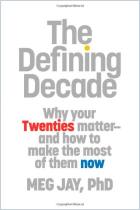
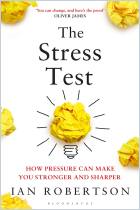
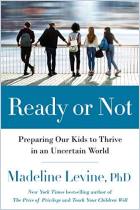
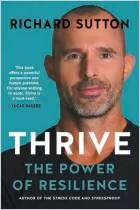
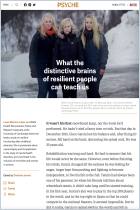
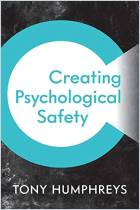
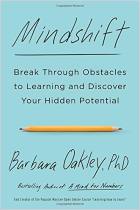




Comment on this summary or Начать обсуждение